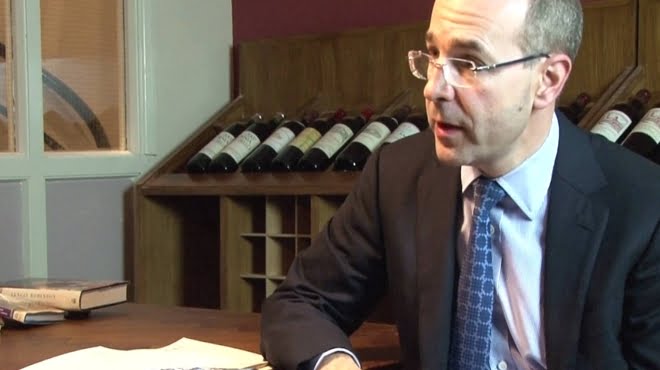Head of global consultancy McKinsey, Kevin Sneader, is in South Africa to do damage control after the firm was caught up in the messy state capture scandal, which saw it working with Gupta-led Trillian and scoring R1.6 billion contract with Eskom.
Speaking at an event in Johannesburg on Monday, Sneader extended an apology to the South African people for its role in the scandal, where the company was paid about R1 billion to help come up with a plan for power utility Eskom to turn its business around.
It was later found that the contract was invalid, prompting Eskom to ask for its money back. McKinsey initially stood behind its work in the country, but promised to pay back its part of the contract – the R1 billion it had received.
According to Sneader, while McKinsey did not knowingly engage in any corrupt activity with its dealings with Eskom, the firm had been too distant with the contract, and did not fully grasp the growing anger in South Africa around state capture and the Guptas.
Also, considering the current state of Eskom, which is facing liquidity and debt issues, it was apparent that the contract it had with the power utility was overpriced, and did not deliver.
“It is hard to be proud of our work on the turnaround programme given where Eskom is,” Sneader said.
The McKinsey lead said that the group would be implementing five actions in South Africa to try and make up for its role in the affair.
1. Acknowledging its mistakes
Sneader said that the company has gone through every piece of information it could find relating to its work with Eskom – including 9 million emails and hundreds of thousands of documents, including phone logs and financial records.
The McKinsey head said that its investigations turned up no evidence of corrupt activity – however, he admitted that the company should have been more thorough in doing due diligence on the companies it was working with, and slower to take assurances made by certain parties as fact.
2. Returning its fee to Eskom
Sneader said that despite proving to be more difficult than expected, it has signed an agreement with Eskom’s new leadership to return the R1 billion it was paid to consult on the utility’s turnaround strategy. The money would reflect in Eskom’s accounts on Monday, he said.
3. Disciplining those who have done wrong
Sneader said that where its investigations have called for action, McKinsey has taken it, including disciplinary proceedings against those who broke codes of conduct. One partner left the firm in the wake of the scandal – while another was demoted.
McKinsey will cooperate with all relevant authorities as action is taken where applicable, he said. This includes appearing before the judicial commission of inquiry into state capture, or taking actions as required by the government portfolio committees.
4. Upgrading internal processes
Sneader said that the firm has already upgraded its internal processes to prevent similar instances happening again. Here, it has revamped the processes in signing on partners, who now have to go through pre-screening and vetting before being onto an approved list.
A local risk committee will also play a role, so that the company is fully informed of the context and risks in the various markets it operates. It has replaced all the legal, compliance and finance staff in its South African offices.
5. Contributing to South Africa
Sneader said McKinsey is willing to contribute and commit resources on a no-cost basis to South Africa’s priorities – including job creation, economic growth and attracting foreign investment.
“If we can find some way to be of value to South Africa, we stand ready to assist,” he said.















